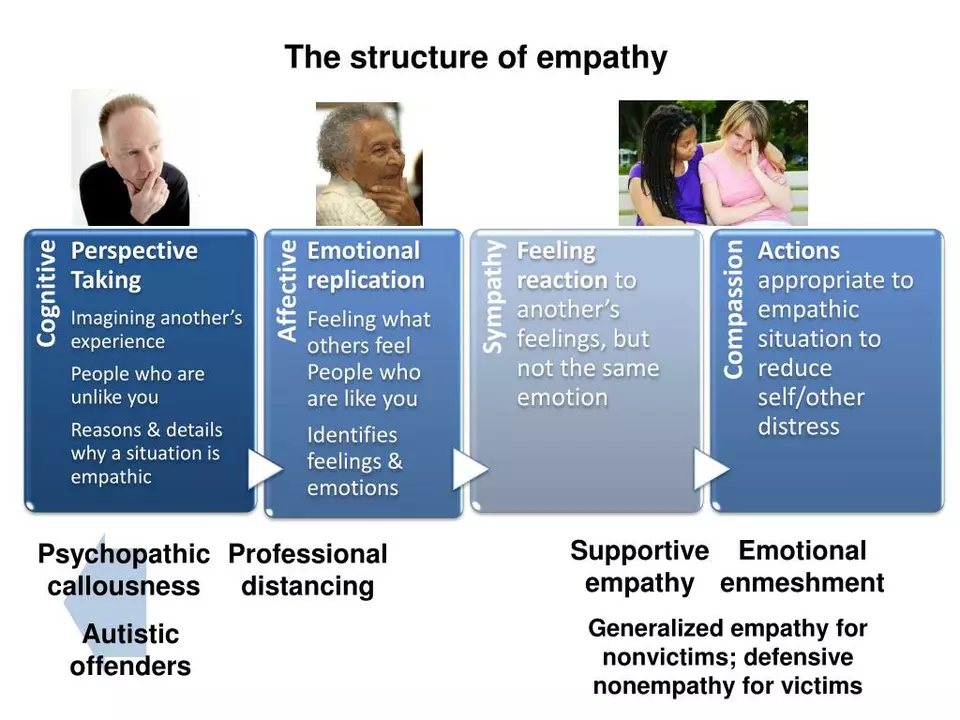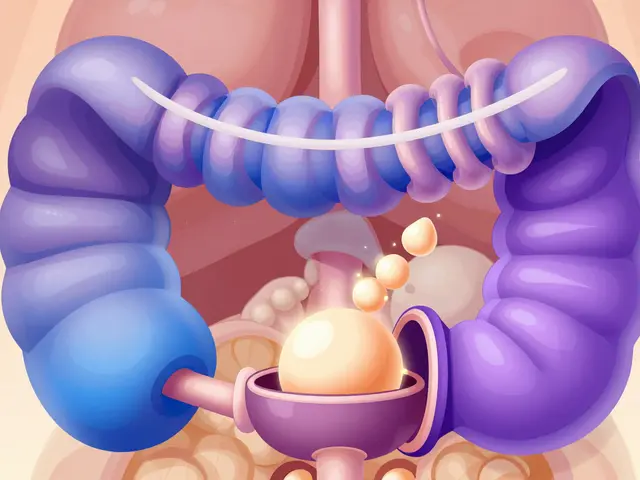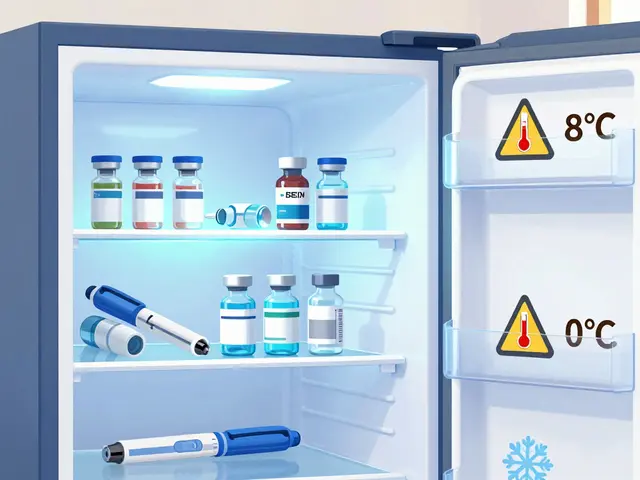Weakness: What Causes That Heavy, Tired Feeling?
Feeling weak isn’t just being tired. Sometimes it’s your body telling you something specific: low blood sugar, dehydration, a medication side effect, or a bigger medical issue. You can learn a few quick checks and simple fixes that help most people, plus the signs that mean you should get medical help right away.
Common causes and how they feel
Generalized weakness (you feel limp all over) can come from low energy stores—low blood sugar after skipping a meal, not enough sleep, or dehydration. Anemia (low red blood cells) makes you breathless and weak on small walks. Thyroid problems often cause slow, constant fatigue and muscle weakness. Infections and viral illnesses can leave you wiped out for days. Certain meds—statins, some blood pressure drugs, sedatives, and long-term metformin use (via B12 loss)—can also cause weakness. Focal or one-sided weakness is different: sudden one-arm or one-leg weakness, drooping face, or slurred speech needs emergency care (possible stroke).
Muscle pain and dark urine with weakness? That could be muscle breakdown (rhabdomyolysis) — see a doctor fast. Feeling weak plus fainting, chest pain, severe shortness of breath, or fever are red flags too.
Quick checks and what to do now
At home, try these simple steps before panicking: sit or lie down if dizzy, sip water, and eat something with carbs and salt (a banana and a sandwich are fine). Take your pulse and note any fast or irregular heartbeat. If you have a glucose meter, check your blood sugar. Are you on a new medication or higher dose? Stopping driving and avoiding heavy machinery until you feel steady is smart.
If weakness follows a head injury, comes on suddenly on one side of the body, or includes breathing trouble, call emergency services now. For ongoing, unexplained weakness lasting more than a week, book a primary care visit. Useful tests your doctor may order: fingerstick glucose, CBC (checks for anemia), TSH (thyroid), basic electrolytes and kidney tests, creatine kinase (muscle breakdown), B12 level, and an ECG for heart-related causes.
Fixes that actually help over weeks: sleep routine, steady meals with protein, hydrate, fix iron or B12 deficiencies if tests show them, and begin gentle strength exercises—short, consistent walks and light resistance work improve fatigue over time. If a medication is the likely cause, your doctor can switch or adjust it.
Want to feel stronger fast? Start with food, water, and rest. If symptoms are sudden, severe, or get worse, seek immediate care. For anything persistent, ask your doctor about the tests above so you can treat the real cause—not just the tired feeling.
In my latest blog post, I explored the fascinating connection between weakness and empathy. I discovered that acknowledging our own weaknesses can actually help us be more empathetic towards others. By recognizing that we all have flaws, we can better understand the struggles and challenges faced by those around us. This in turn allows us to be more compassionate and supportive in our relationships. Ultimately, embracing our weaknesses can lead to stronger, more empathetic connections with others.



